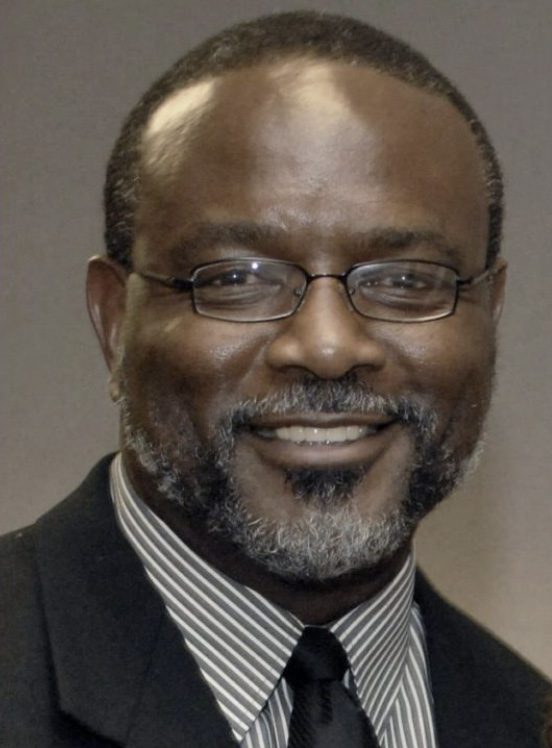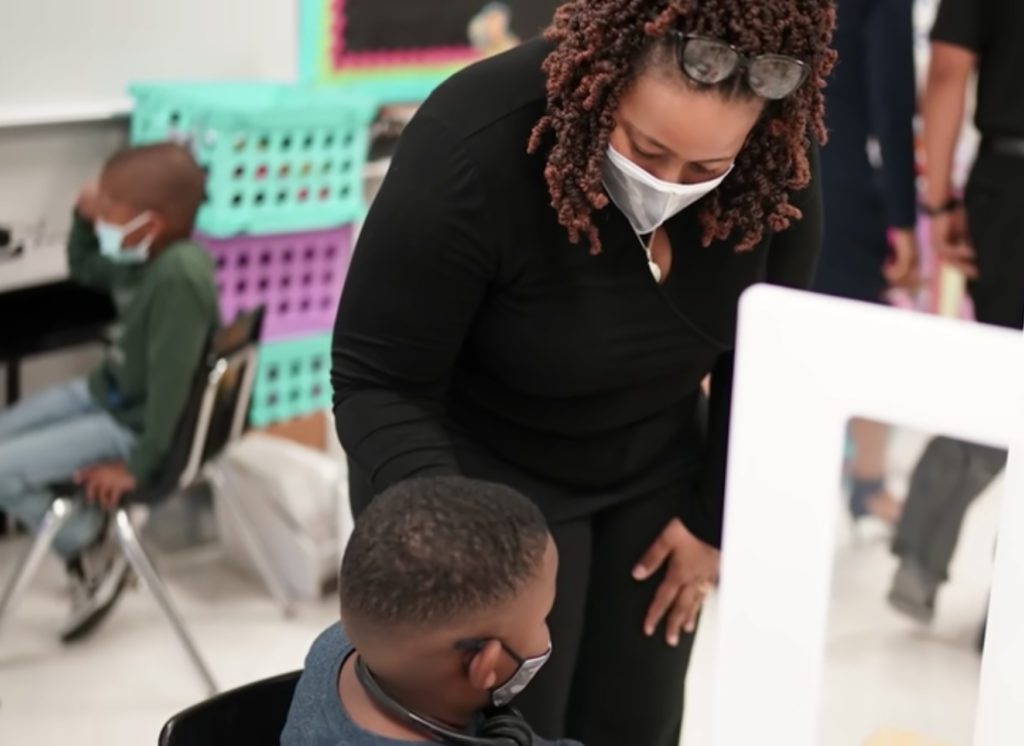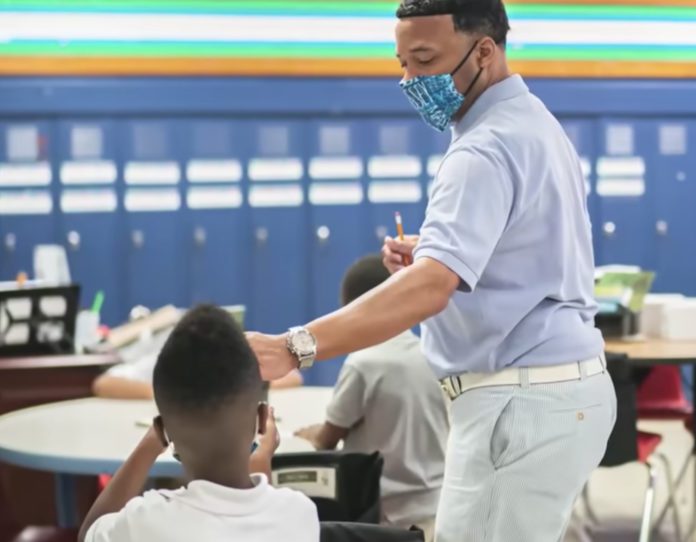by Curtis Weathers —
As we reflect on the first few weeks of school, the dominant topic of discussion and concern once again is the coronavirus and the impact it is having on our children and teachers.

Educators in K-12 schools deal with a number of stressful situations every day of the week. The teaching profession always has been considered a highly stressful profession, even before the COVID-19 pandemic arrived.
But just because we’ve started a new school year, we cannot assume that our teachers are fine and are ready to face another year of unprecedented uncertainty and anxiety caused by this pandemic.
As I talk with educators each week, they express a variety of emotions – anger, fear, frustration, empathy – and the list goes on and on.
Frustration and fear are the most common.
It is clear, the job of being a teacher in a K-12 environment has become an incredibly challenging adventure.
Teachers face longer work hours, struggles with remote learning, repeated pivots from hybrid to remote to in-person instruction, not to mention fears that they, or their loved ones, could get COVID-19.
But we know, of course, that COVID stress is not just happening to teachers. Workers in other sectors of our economy are seeing similar situations.
The consulting group McKinsey & Co. surveyed 1,000 employers, and 90 percent confirmed that the pandemic is having a significant impact on the behavioral health of their employees.
Last year, the Kaiser Family Foundation found that rates of anxiety and depression have quadrupled during COVID-19 across all sectors of our economy.
But studies also have shown that stress levels during this pandemic were higher among teachers than most other working adults.
During a time when politics seem more important than public health, educators are clearly sitting in the crossfire.
Tennessee, for example, is leading the nation in new daily COVID-19 infections and our children make up more than 40 per cent of all new cases in the state.
We rank 46th in the nation of those fully vaccinated and the governor is dug in on his ill-advised opposition to mask mandates.
School districts that feel the need to return to virtual learning because of skyrocketing infection rates in their schools and community are unable to do so because our government leaders seem hell bent on preventing such actions, regardless of what the conditions on the ground look like.
Mental health professionals, however, are sounding the alarm.
It is more important than ever, experts say, for districts to support their teachers and look after their mental health during this pandemic.

Across the country, school district leaders have been urged time and time again by organizations like the American School Counselor Association (ASCA) and the National Association of School Psychologists to provide what they call “psychological triage” not just for students but for staff as well to address the trauma and stress caused by the pandemic.
It is no longer “breaking news” that teachers are quitting their jobs in record numbers due to the stress associated with COVID-19. Teachers’ stress and anxiety levels have skyrocketed and their morale, predictably, has plummeted as well.
Last year, the RAND Corporation found that the proportion of K-12 educators seriously worried about burnout rose from 25 to 57 percent.
During normal times, according to data collected by the University of Pennsylvania, 44 percent of new teachers leave the profession within their first five years.
The rate is significantly higher among urban districts like Shelby County Schools.
Researchers also found that one-quarter of new and veteran teachers said they were very likely to leave the profession when they finish the 2020-21 school year because of COVID.
The U.S. Department of Education has urged school districts to step up social and emotional support for their teachers and staff, even as they focused intensely on supporting students who remain traumatized by the pandemic.
Shelby County Schools, thankfully, has created a comprehensive wellness initiative that focuses on employees’ physical, emotional, financial, and social health.
Craigmont Middle School is an excellent example of a school being proactive in addressing their teachers’ mental health and wellness needs.
Last year, Methodist Hospital sponsored a stress management workshop for about 50 Craigmont Middle school teachers. During the workshop, instructors guided the staff through mindfulness exercises and activities like painting and breathing techniques.
The school intends to provide more of this type of support this school year as well.
I love what Craigmont Middle is doing to help their teachers and staff. I hope they continue to provide this type of support and that more school leaders will do the same.
It is absolutely mind boggling that we are where we are today with regards to the pandemic.
By now, I fully expected the vast majority of our children (who qualify) and significantly more adults to be fully vaccinated and our schools returning to normal with only our younger children (below age 12) to worry about.
That obviously is not the case at the moment. Things seem to be getting worse for our children as the pandemic rages on.
Last week, the district reported almost 2,200 new cases of COVID among students (including charter schools) and 337 new infections among teachers and staff members since the start of the school year.
We still have miles to go before we’re safe again. Let’s keep working together.
Wear your mask; get vaccinated.
(Follow TSD education columnist Curtis Weathers on Twitter (@curtisweathers); email: curtislweathers@gmail.com.)



